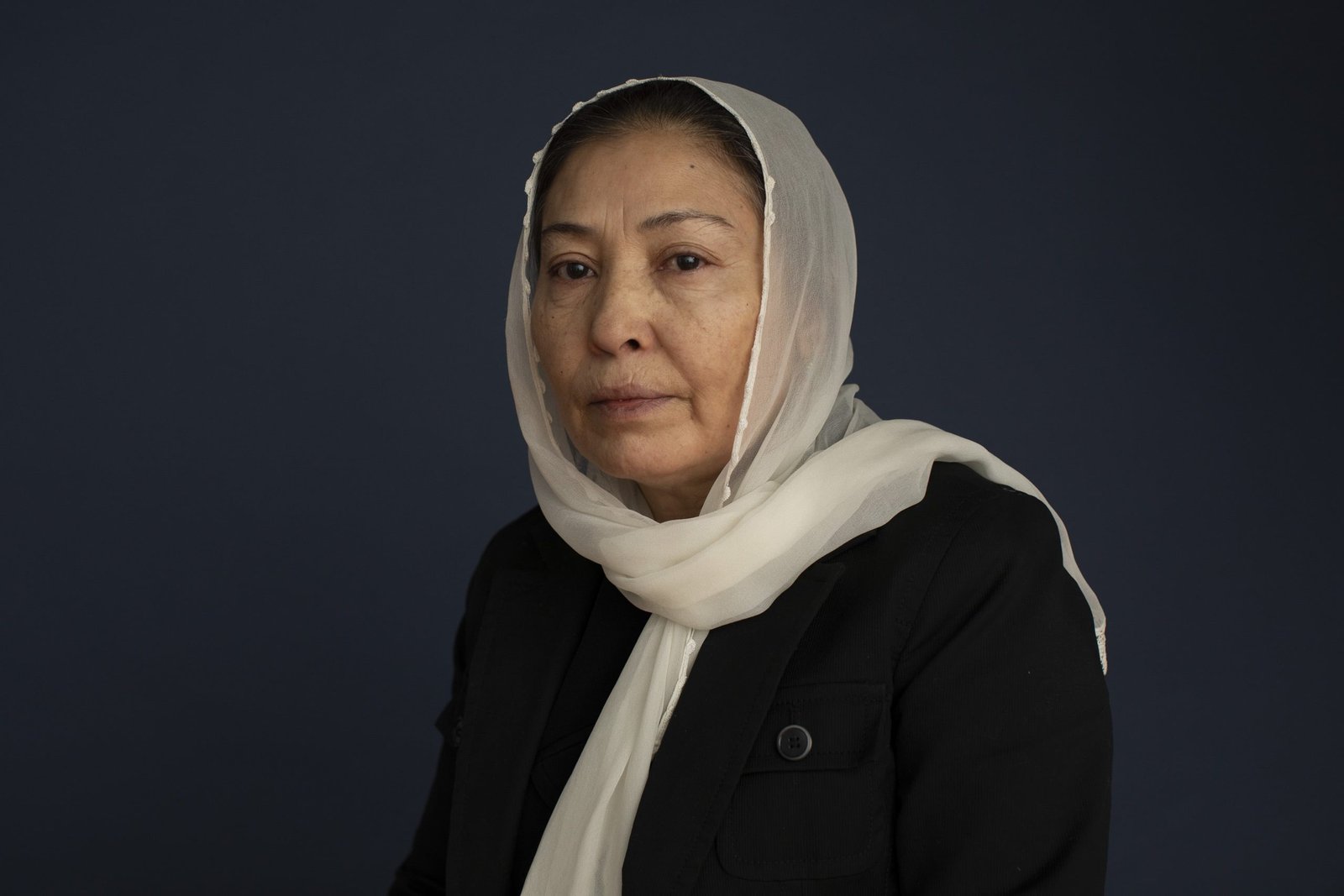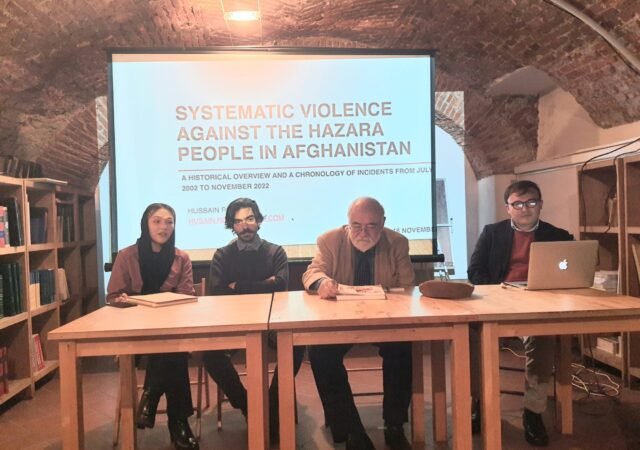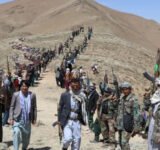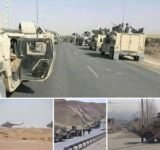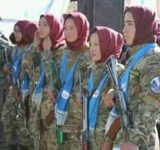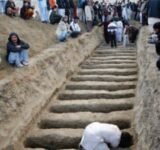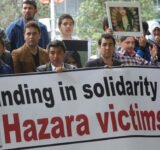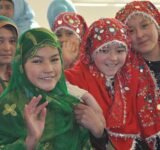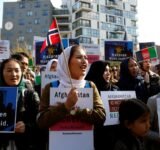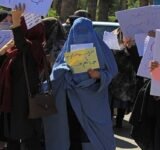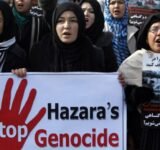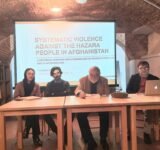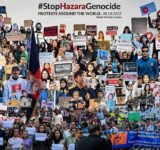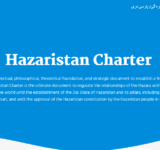Nadira , 57
Nadira remembers back to 1998, a year when she and her family had to flee the killings in Mazar-i-Sharif. “Seven men were killed in front of their wives and children. They were my cousins…no young men were left alive in three families. Family members just disappeared. We then had to flee and walk to Pakistan by foot.” On their difficult journey, Nadira saw the dead bodies of Hazara people, all who had been attacked.
Her family survived and reached Pakistan, then eventually resettled to Canada. “This is our home,” she says. “I’m proud to be Canadian.” But she worries for all the Hazaras left behind. A member of the Hazara community in Toronto, Nadira makes it her mission to connect to Hazara people around the world. “The pain is in my heart. I don’t want anyone else to experience this.”
Because there is limited data about the plight of Hazara refugees, Nadira spent countless sleepless nights over the past few months collecting and analyzing more than 100,000 global survey responses from Hazara refugees around the world. On her phone are hundreds of videos, photos and stories sent to her by Hazaras in crisis situations who are in desperate need of assistance. She hopes to find a way to share their stories and help them find a safe place to call home.
Source: UNHCR

